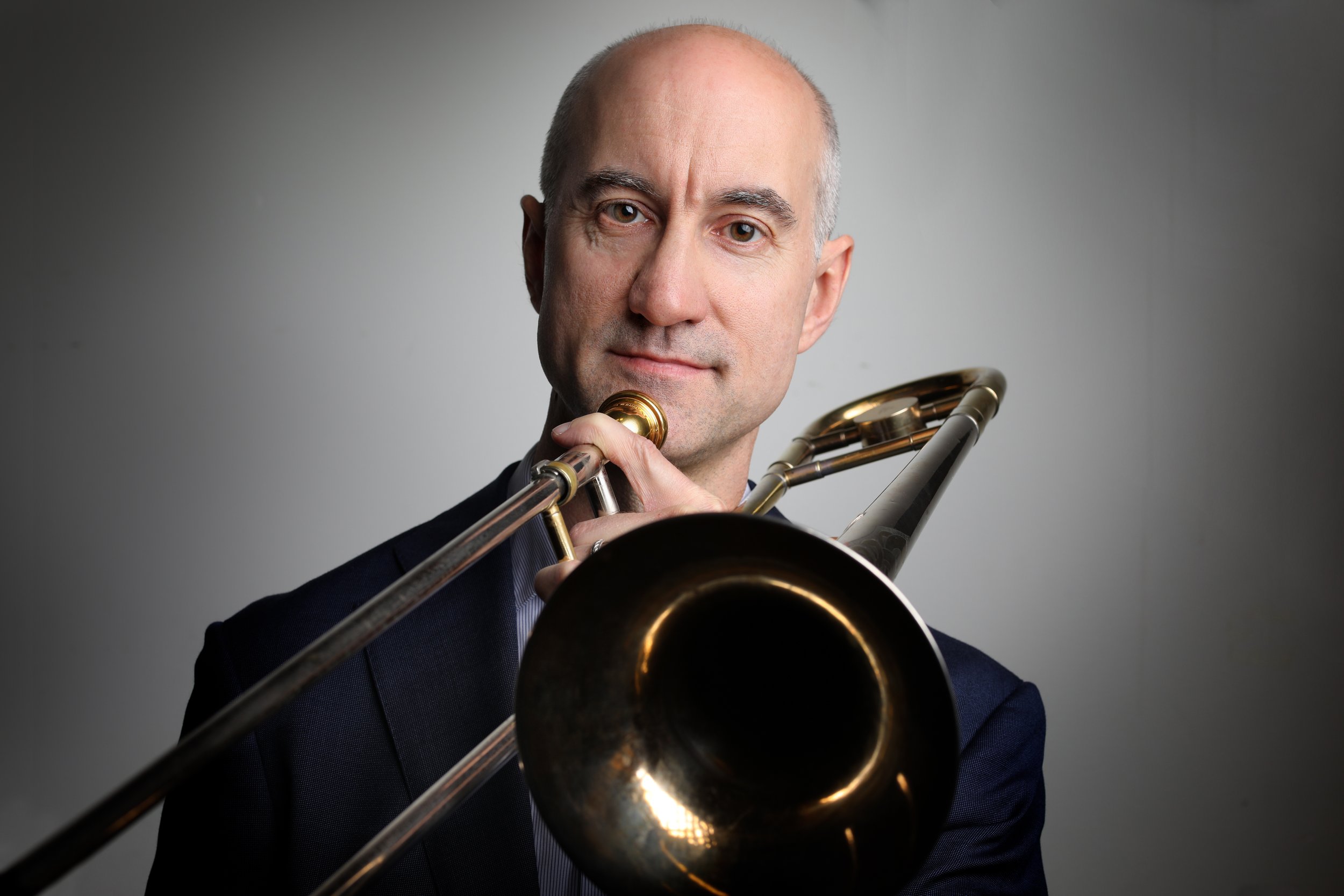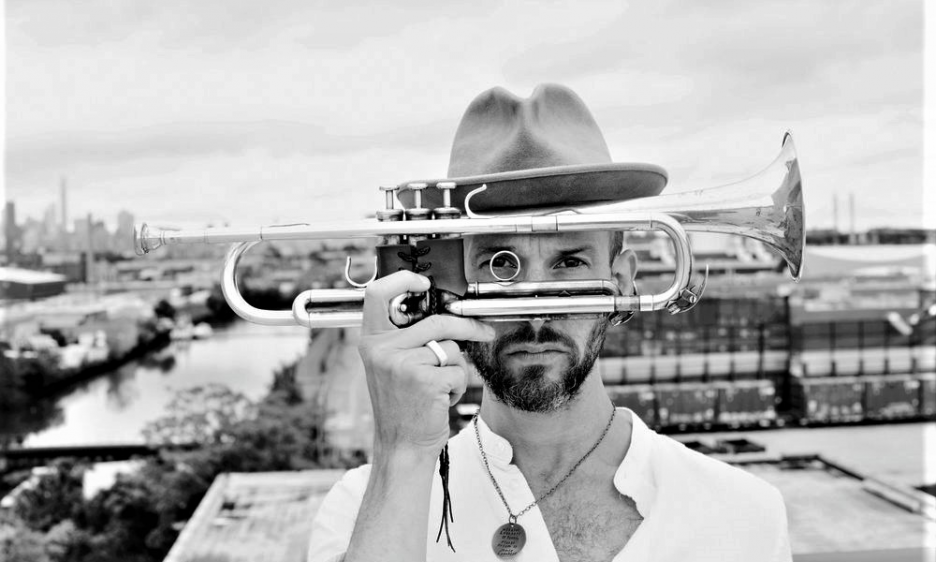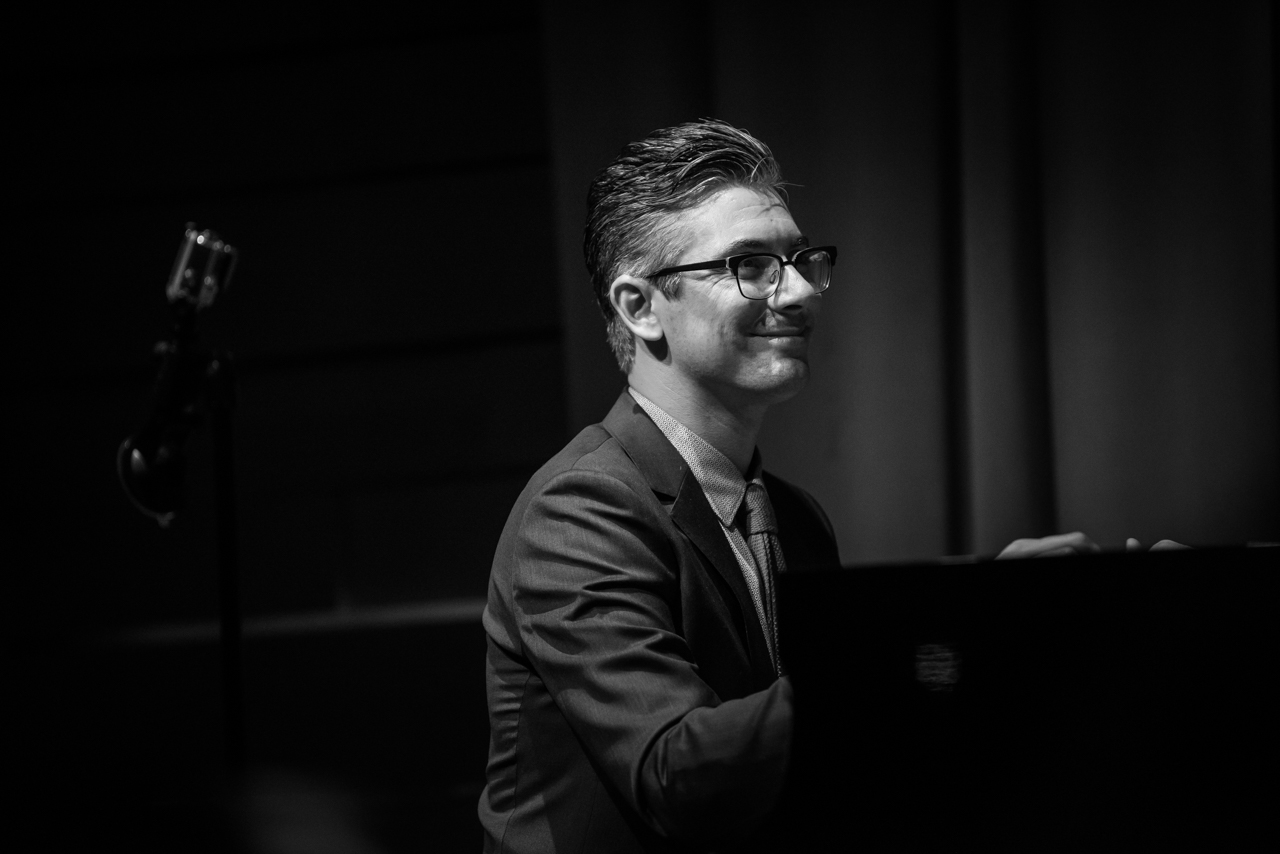I would like to start a new thread dedicated to jazz composition and arrangement.
Over the last few years I have been increasingly struck by the fact that some of the most interesting jazz has actually been produced by composers and especially those people who have been writing for large ensembles and big bands. For me, this is really where jazz is "happening" and with all sorts of musicians embracing big band jazz, whether it is Wynton Marsalis or Henry Threadgill, the whole concept seems remarkably fertile at the moment. Traditionally, jazz fans have been sceptical of big bands in the traditional sense with the false notion than the beboppers were only too willing to break from this tradition and pursue a more independent existence in small groups where the ability to improvise remained paramount. The arrival of long playing records ensured that this argument was quickly quashed with the result that there is a heritage that stretches back to Fletcher Henderson but which only know seems to be blossoming in to it's full potential. This is Golden Era for big band and jazz writing.
This thread has partly been inspired by listening to some of the big bands perform at Vienne bit also been reinforced by playing a load of Alan Ferber CDs in my car during the course of the last month. I was speaking to musicians and associates of the El Cerrito High School big band a few weeks back after they played a Ferber arrangement. Alan Ferber has worked with this band and there was plenty of praise both for his craftmanship as a musician and as a person who seems to be a real gent from all accounts. I have all four of Ferber's last few CDs' , two of which feature a big band which pushes the boundaries of the orthodoxy and features some stunning writing as well as hugely compelling soloists such as Jacob Garchik, Anthony Wilson and Chris Cheek. I love his big band but the nonet his also leads is maybe the best example of ensemble writing for under 10 pieces since BofC. I am very impressed by the album "Roots & transitions" but an earlier album with the addition of strings is also worth checking out for the bend of contemporary jazz and classical music.
In my opinion, Alan Ferber is one of the most significant musicians in jazz in 2018. He is at the vanguard of jazz writing. I am staggered that he seems overlooked in the UK whereas there is conversely a far more favourable perception in the US including Grammy awards. I think this needs to be pointed out because Ferber seems so under the radar in the UK.
The little video on his website is informative but his whole output cries out for serious consideration.
Over the last few years I have been increasingly struck by the fact that some of the most interesting jazz has actually been produced by composers and especially those people who have been writing for large ensembles and big bands. For me, this is really where jazz is "happening" and with all sorts of musicians embracing big band jazz, whether it is Wynton Marsalis or Henry Threadgill, the whole concept seems remarkably fertile at the moment. Traditionally, jazz fans have been sceptical of big bands in the traditional sense with the false notion than the beboppers were only too willing to break from this tradition and pursue a more independent existence in small groups where the ability to improvise remained paramount. The arrival of long playing records ensured that this argument was quickly quashed with the result that there is a heritage that stretches back to Fletcher Henderson but which only know seems to be blossoming in to it's full potential. This is Golden Era for big band and jazz writing.
This thread has partly been inspired by listening to some of the big bands perform at Vienne bit also been reinforced by playing a load of Alan Ferber CDs in my car during the course of the last month. I was speaking to musicians and associates of the El Cerrito High School big band a few weeks back after they played a Ferber arrangement. Alan Ferber has worked with this band and there was plenty of praise both for his craftmanship as a musician and as a person who seems to be a real gent from all accounts. I have all four of Ferber's last few CDs' , two of which feature a big band which pushes the boundaries of the orthodoxy and features some stunning writing as well as hugely compelling soloists such as Jacob Garchik, Anthony Wilson and Chris Cheek. I love his big band but the nonet his also leads is maybe the best example of ensemble writing for under 10 pieces since BofC. I am very impressed by the album "Roots & transitions" but an earlier album with the addition of strings is also worth checking out for the bend of contemporary jazz and classical music.
In my opinion, Alan Ferber is one of the most significant musicians in jazz in 2018. He is at the vanguard of jazz writing. I am staggered that he seems overlooked in the UK whereas there is conversely a far more favourable perception in the US including Grammy awards. I think this needs to be pointed out because Ferber seems so under the radar in the UK.
The little video on his website is informative but his whole output cries out for serious consideration.






Comment